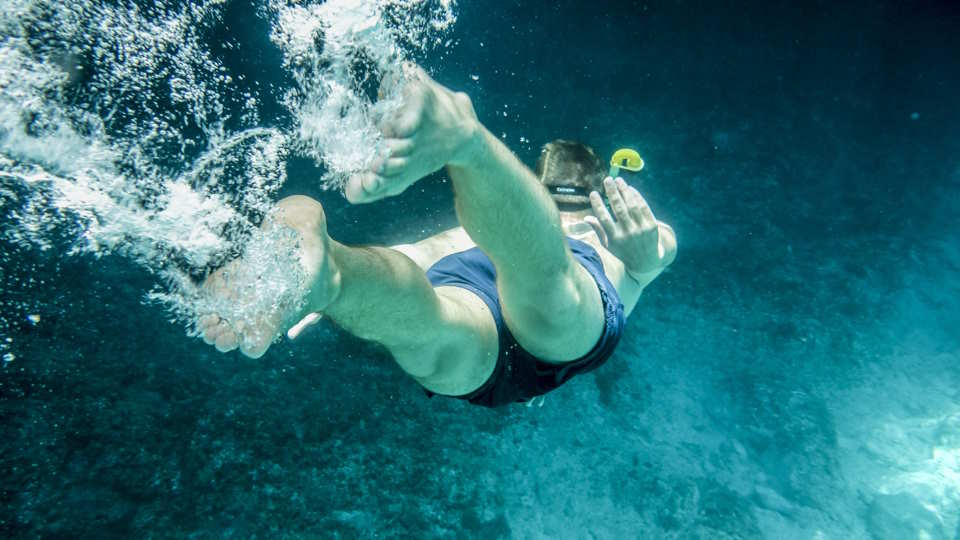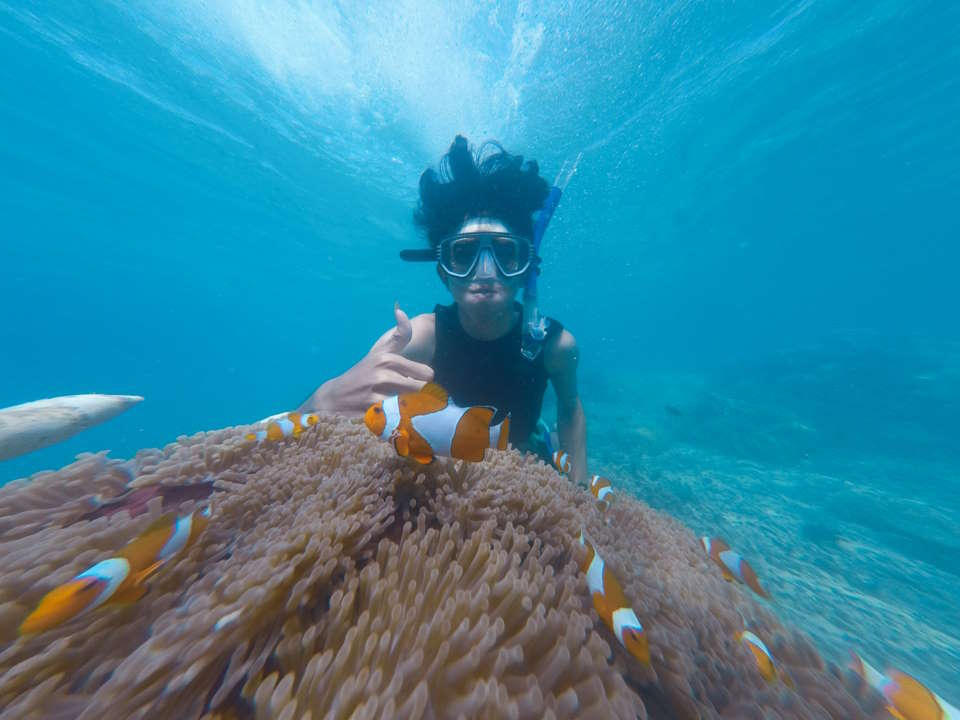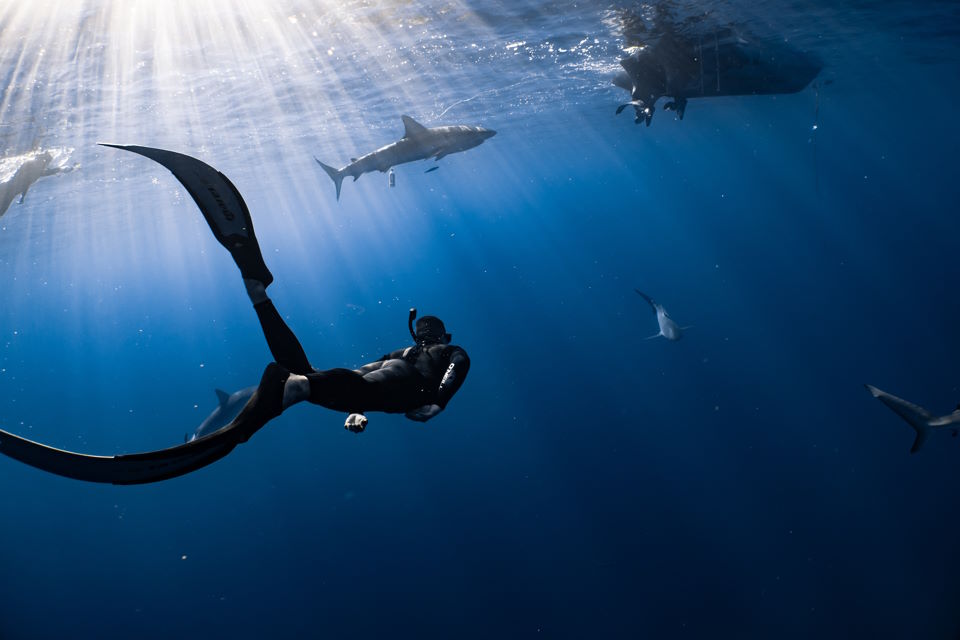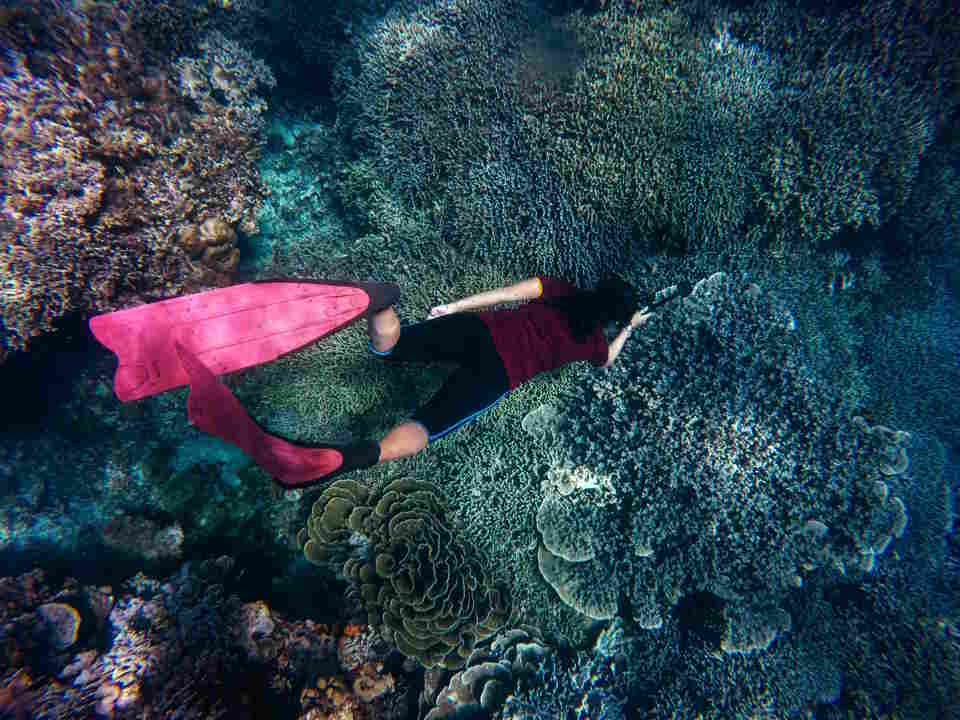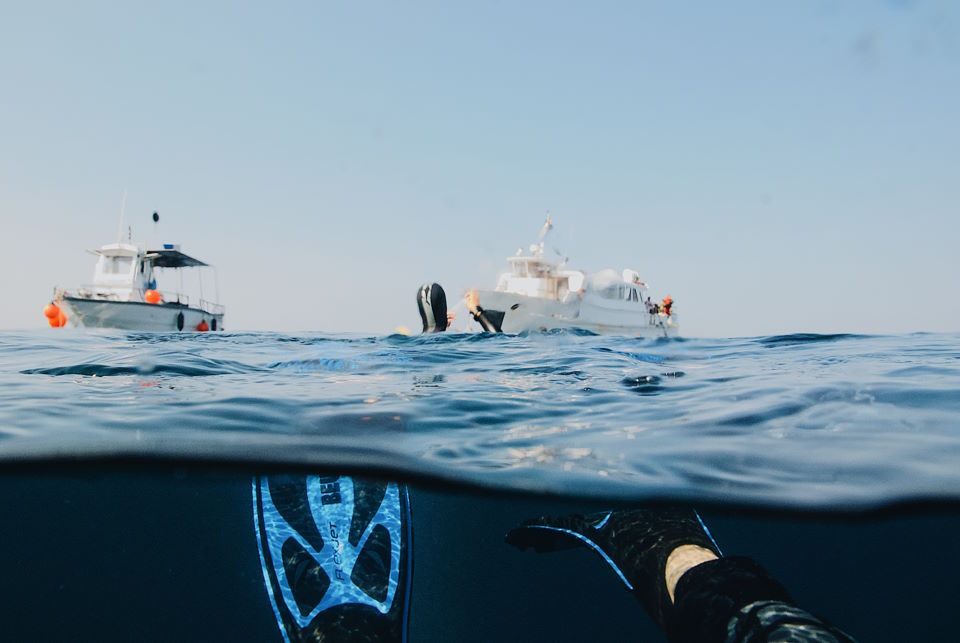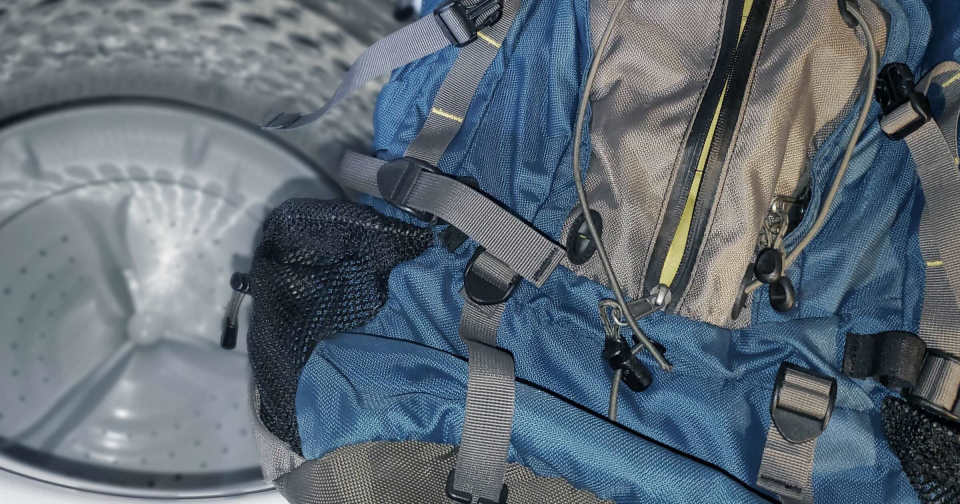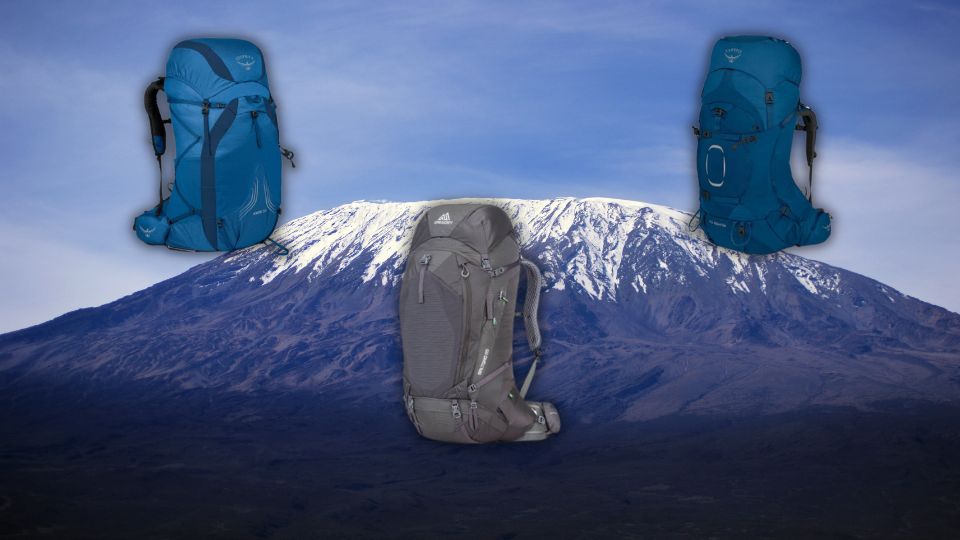Snorkeling is an amazing way to explore the underwater world. It allows you to witness the vibrant marine life up close. However, if you wear glasses, you may wonder whether you can snorkel with them or not. The answer is yes! You can easily snorkel with glasses or contacts. With the right snorkeling gear and a few tips, you can enjoy the underwater paradise without any worry. We will answer some common questions related to snorkeling with glasses, discuss who should avoid snorkeling, and provide tips to keep your snorkel mask from fogging up your glasses. So, let’s dive in!
Introduction
If you wear glasses, you may wonder if you can still go snorkeling. The short answer is yes, you can. However, there are a few things to keep in mind if you want to enjoy this activity with glasses.
1. Get a Prescription Snorkel Mask
One option for snorkeling with glasses is to get a prescription snorkel mask. This type of mask has corrective lenses built in, which will allow you to see clearly underwater without wearing your glasses. Prescription snorkel masks are available in a variety of strengths, just like glasses, so you’ll need to make sure you get the right one for your eyesight.
2. Use Contact Lenses
If you prefer not to wear a prescription snorkel mask, you can also wear contact lenses while snorkeling. This will allow you to see clearly underwater without glasses. However, it’s important to note that wearing contact lenses in the ocean comes with its own set of risks, including the risk of infection from bacteria in the water.
3. Wear a Strap
If you choose to wear your glasses while snorkeling, it’s important to keep them secure with a strap. This will prevent them from falling off while you’re swimming or diving. There are straps designed specifically for glasses that can be adjusted to fit your head comfortably.
Can You Snorkel With Glasses or Contacts?
Are you someone who needs to wear glasses or contacts in order to see clearly? Are you unsure if you can still go snorkeling while wearing them? The answer is yes – you absolutely can snorkel with glasses or contacts!
However, it’s important to take some precautions to make sure you can see clearly while you’re snorkeling. If you wear glasses, consider investing in a snorkel mask with prescription lenses. These masks are specially designed to accommodate prescription lenses, so you won’t have to worry about wearing your glasses underwater. Alternatively, you can also wear a regular snorkel mask and simply wear your glasses underneath. Just make sure your glasses are secured tightly and won’t fall off while you’re swimming.
- Tip: If you’re hesitant to wear your glasses or contacts while snorkeling, consider getting corrective surgery like LASIK. This will eliminate the need for glasses or contacts altogether!
If you wear contacts, it’s important to take extra precautions to prevent any issues while snorkeling. Make sure to wear goggles over your contacts to prevent them from getting lost or dislodged while swimming. Additionally, it’s recommended to bring a backup pair of contacts in case anything happens to your current pair while you’re out on the water.
| Pros of Snorkeling with Glasses or Contacts: | Cons of Snorkeling with Glasses or Contacts: |
|---|---|
| You’ll be able to see clearly and enjoy all of the beautiful sights underwater | Contacts can be easily lost or dislodged while swimming, causing discomfort or even damage to your eyes |
| You won’t have to worry about blurry vision ruining your snorkeling experience | Glasses can be heavy and uncomfortable to wear underwater |
Who Should Not Snorkel?
Snorkeling is an enjoyable and exciting activity that many people enjoy. However, not everyone is an ideal candidate for snorkeling. It is important to understand the risks and limitations associated with snorkeling before you decide to take on the activity.
First and foremost, individuals who cannot swim should not snorkel. Snorkeling requires you to be comfortable and confident in the water. Even though you may have a flotation device, it is crucial to be able to swim in case of any emergency. If you are not a strong swimmer and find yourself in deep water, it can be dangerous and possibly fatal.
Additionally, individuals who have any respiratory or heart problems should avoid snorkeling. Snorkeling requires you to breathe through a tube while swimming, which can be difficult for individuals with breathing or heart problems. If you have a history of asthma, heart disease, or any other respiratory condition, it is best to skip snorkeling.
- People who are pregnant or have recently given birth should also avoid snorkeling.
- Individuals who have ear problems, such as ear infections or eardrum perforations, should not snorkel.
Lastly, if you have any claustrophobia or anxiety, snorkeling may not be the best activity for you. Snorkeling requires you to wear a mask and breathe through a tube, which can be uncomfortable if you are prone to anxiety or claustrophobia. It is important to consider your mental state before engaging in any water activity.
| Who should not snorkel? | |
|---|---|
| Non-swimmers | People with respiratory or heart problems |
| Pregnant or postpartum women | Individuals with ear problems |
| People with anxiety or claustrophobia |
How Do I Keep My Snorkel Mask From Fogging My Glasses?
Snorkeling can be a great way to explore the mesmerizing underwater world. It is a fun experience that everyone should try, especially if you wear glasses. However, wearing glasses can pose some problems while snorkeling. One of the most common issues is fogging of the snorkel mask.
This fogging happens when the temperature of the water is lower than the temperature inside the mask. The moisture from your breath condenses inside the mask, creating a layer of fog that reduces visibility. This can be annoying and dangerous as it can quickly ruin your snorkeling experience. But don’t worry! There are some tips to prevent your mask from fogging up.
- Use your saliva: It may sound gross, but it is an effective technique. Spit on the lens of the mask and rub it inside the lens with your finger. Rinse the mask thoroughly with water before wearing it. Saliva reduces the surface tension of the water droplets and lets them spread on the lens without forming fog.
- Anti-fog solution: There are many commercial anti-fog solutions available for snorkeling masks in the market. These sprays can prevent the mask from fogging up and allow clear visibility underwater. Follow the instructions on the package and apply it to the inside of the mask lens before wearing it.
- Toothpaste: Yes, you read it right! Toothpaste can be an excellent anti-fogging solution. Apply a pea-sized amount of toothpaste to the inside of the lens and spread it evenly. Rinse the mask thoroughly with water before using it.
These are some common techniques to prevent your snorkel mask from fogging up while wearing glasses. You can also try some other strategies like applying baby shampoo or washing the mask with warm water before applying it. Avoid touching the inside of the mask with your fingers or scratching it with any abrasive material. These can cause scratches on the lens and promote fogging.
Do All Snorkel Masks Fog Up?
Snorkeling is one of the most fascinating ways to explore the underwater world, and it requires a proper snorkel mask to ensure that experience is comfortable. However, the most common issue that snorkelers face is fogging of their masks. Almost everyone who has ever tried this exciting activity has encountered this problem. There are many factors that contribute to the fogging of the snorkel mask, but the most important question that comes to mind is, do all snorkel masks fog up?
The answer to this is yes, all snorkel masks fog up, but the frequency depends on various factors. Fogging occurs because of temperature differences between the inside and outside of the mask, especially when breathing into it. The moisture from your breath condenses on the mask, forming droplets that fog up the vision. Even if you have the best snorkel mask, fogging can still occur. However, anti-fog coatings or sprays can prevent it from happening frequently.
- The Material of the Mask: Snorkel masks made of glass are more likely to fog up compared to those made of plastic or polycarbonate material. Water droplets cling more firmly on glass compared to plastic.
- Silicone Skirt of Masks: Silicone skirts are more prone to fogging compared to the rest of the mask. This happens because the silicone material is hydrophobic, which means it repels water and attracts oils that can cause fogging. Cleaning your mask with toothpaste or specialized cleaning agents can help prevent the fogging.
It is essential to keep in mind that good snorkeling gear plays a significant role in ensuring that the snorkeling experience is enjoyable and safe. Although all snorkel masks fog up, you can reduce it by employing specific cleaning agents and anti-fogging sprays. Be sure to choose the right mask based on the material and features that prevent fogging to have an amazing experience.
| Factors Contributing to Mask Fogging | Ways to Reduce Mask Fogging |
|---|---|
| Temperature Differences | Anti-fog coatings/sprays |
| Mask Material | Choose the mask made of plastic material, which fogs less compared to glass. |
| Mask Skirt | Clean the mask with anti-fog juices and avoid touching the inside of the mask with fingers. |

